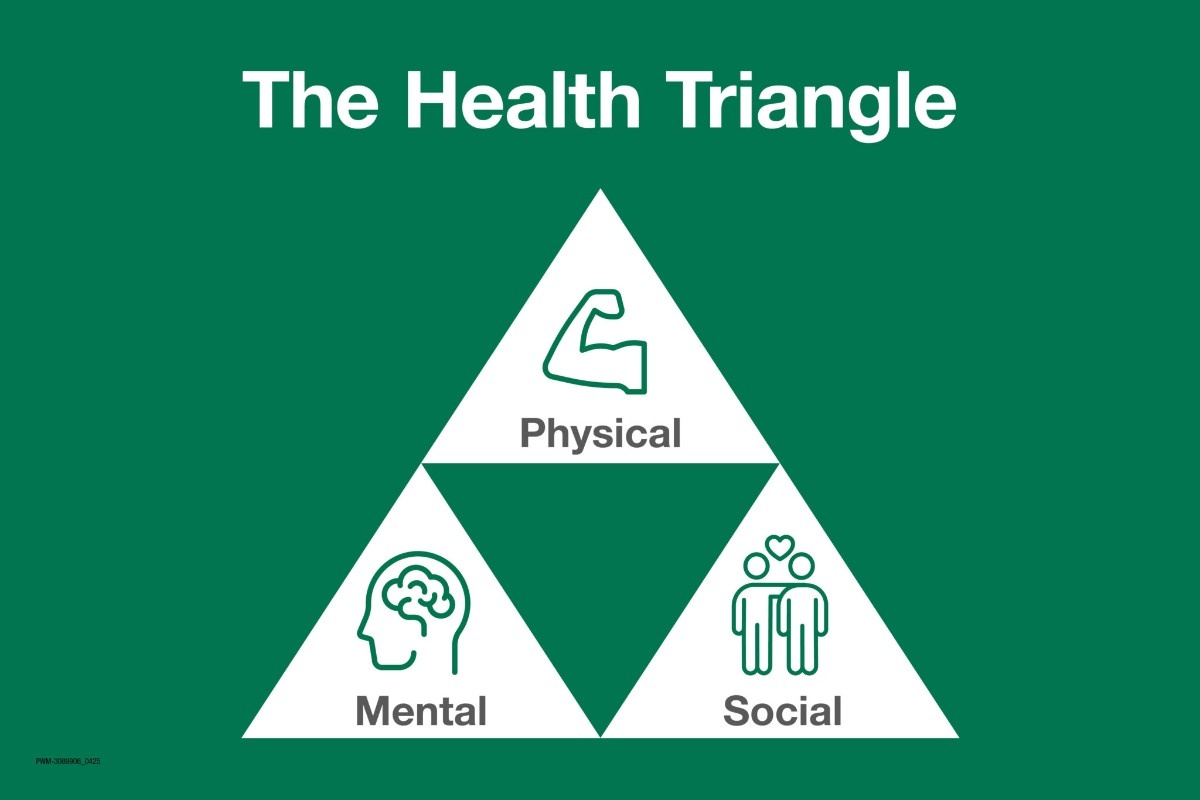In the fast-paced and high-stakes world of cardiovascular surgery, there is a group of professionals who often go unnoticed but play a crucial role in ensuring the success of each procedure. These unsung heroes are known as CVOR techs or Cardiovascular Operating Room Technicians. While surgeons and nurses may take the spotlight, it is important to recognize the invaluable contributions of CVOR techs in the operating room.
The role of CVOR techs is centred around assisting the surgical team during cardiovascular procedures. They are responsible for preparing the operating room, ensuring that all necessary equipment is available and functioning properly, and providing support to the surgeon throughout the surgery. Without their expertise and dedication, the smooth execution of these complex procedures would be significantly compromised.
Key Takeaways
- CVOR Techs are the unsung heroes of the operating room, playing a crucial role in cardiovascular surgery.
- They are responsible for pre-operative preparation, assisting during surgery, and post-operative care.
- To become a CVOR Tech, one must have specialized training and certification.
- CVOR Techs face challenges such as long hours, high stress, and the need for constant attention to detail.
- It is important to recognize and appreciate the contributions of CVOR Techs in the operating room.
What is a CVOR Tech and What Do They Do?
A CVOR tech is a specialized healthcare professional who works alongside surgeons and nurses in the operating room during cardiovascular surgeries. They are trained to handle the unique challenges that arise during these procedures and are an integral part of the surgical team. Their primary responsibilities include setting up and maintaining sterile fields, preparing surgical instruments and equipment, and assisting with patient positioning.
Additionally, CVOR techs play a vital role in ensuring patient safety by monitoring vital signs, anticipating the needs of the surgical team, and providing immediate assistance when required. They are trained to handle emergencies and respond quickly to any unexpected situations that may arise during surgery. Their expertise allows surgeons to focus on performing the procedure while knowing that they have a skilled professional by their side.
The Importance of CVOR Techs in Cardiovascular Surgery
The importance of CVOR techs in cardiovascular surgery cannot be overstated. Their work directly impacts patient outcomes and contributes to the overall success of each procedure. From preparing the operating room to assisting during surgery and post-operative care, CVOR techs are involved in every step of the process.
During surgery, CVOR techs are responsible for ensuring that all necessary instruments and equipment are readily available. They anticipate the needs of the surgical team, ensuring that there are no delays or interruptions during the procedure. Their attention to detail and ability to work efficiently under pressure are essential in maintaining a smooth workflow and minimizing the risk of complications.
Furthermore, CVOR techs play a critical role in patient safety. They monitor vital signs, assist with patient positioning, and ensure that all necessary precautions are taken to prevent infections and other complications. Their vigilance and expertise contribute to the overall success of the surgery and the well-being of the patient.
A Typical Day in the Life of a CVOR Tech
| Task | Time | Notes |
| Prepare Operating Room | 6:00am | Set up equipment and supplies for surgery |
| Assist Surgeon | 7:00am – 12:00pm | Hand instruments, hold retractors, and perform other tasks as directed by surgeon |
| Clean Operating Room | 12:00pm – 1:00pm | Remove used equipment and supplies, clean and disinfect operating room |
| Restock Supplies | 1:00pm – 2:00pm | Check inventory and restock supplies for next surgery |
| Assist with Patient Recovery | 2:00pm – 4:00pm | Monitor patient vital signs, assist with post-operative care |
| Document Patient Care | 4:00pm – 5:00pm | Record patient care and update medical records |
A typical day in the life of a CVOR tech is filled with a variety of responsibilities that span from pre-operative preparation to post-operative care. Their day begins with preparing the operating room for surgery, ensuring that all necessary equipment is sterilized and ready for use. They meticulously organize surgical instruments, ensuring that they are easily accessible during the procedure.
Once the patient is brought into the operating room, CVOR techs assist with patient positioning and ensure that all necessary monitoring devices are in place. They work closely with the surgical team, providing support and anticipating their needs throughout the procedure. Their role during surgery may include passing instruments to the surgeon, suctioning blood or fluids, and maintaining a sterile environment.
After the surgery is complete, CVOR techs are responsible for cleaning and sterilizing all equipment used during the procedure. They meticulously follow strict protocols to ensure that all instruments are properly cleaned and ready for future use. Additionally, they assist with transferring the patient to the recovery area and provide any necessary post-operative care.
The Role of CVOR Techs in Pre-Operative Preparation
Pre-operative preparation is a crucial aspect of any surgical procedure, and CVOR techs play a vital role in ensuring that everything is in order before the surgery begins. They work closely with the surgical team to prepare the operating room, ensuring that it is clean, organized, and properly equipped.
CVOR techs are responsible for sterilizing and setting up all surgical instruments and equipment. They meticulously follow strict protocols to ensure that everything is sterile and ready for use. This includes inspecting instruments for any damage or defects, assembling complex equipment, and ensuring that all necessary supplies are readily available.
In addition to preparing the operating room and equipment, CVOR techs also assist with patient preparation. They help position the patient on the operating table, ensuring that they are comfortable and properly secured. They also assist with placing monitoring devices and preparing the patient’s skin for surgery.
The Crucial Role of CVOR Techs During Surgery
During surgery, CVOR techs play a crucial role in supporting the surgical team and ensuring the smooth execution of the procedure. They work closely with the surgeon, providing assistance and anticipating their needs throughout the surgery.
CVOR techs are responsible for passing instruments to the surgeon during the procedure. They must have a deep understanding of each instrument’s purpose and be able to anticipate which instrument will be needed next. This requires excellent hand-eye coordination and a thorough knowledge of surgical procedures.
Additionally, CVOR techs are responsible for maintaining a sterile environment in the operating room. They monitor the sterile field, ensuring that no contamination occurs during the surgery. This includes managing surgical drapes, handling sterile supplies, and maintaining strict infection control protocols.
The Responsibilities of CVOR Techs Post-Operatively
After the surgery is complete, CVOR techs continue to play a crucial role in ensuring patient safety and facilitating a smooth recovery process. They are responsible for cleaning and sterilizing all instruments used during the procedure, following strict protocols to prevent infections and ensure that the instruments are ready for future use.
CVOR techs also assist with transferring the patient to the recovery area, ensuring that they are comfortable and stable. They provide any necessary post-operative care, such as changing dressings or monitoring vital signs. Their attention to detail and commitment to patient safety continue even after the surgery is complete.
The Skills and Qualifications Required to Become a CVOR Tech
Becoming a CVOR tech requires a combination of education, training, and specific skills. Most CVOR techs complete a formal training program, which may include coursework in anatomy, physiology, surgical procedures, and sterile techniques. Some programs also offer hands-on clinical experience in cardiovascular operating rooms.
In addition to formal education, CVOR techs must possess certain skills and qualities to excel in their role. Strong communication skills are essential, as they must effectively communicate with the surgical team and other healthcare professionals. Attention to detail is also crucial, as CVOR techs must ensure that all instruments and equipment are properly sterilized and organized.
Furthermore, CVOR techs must have excellent hand-eye coordination and manual dexterity. They must be able to handle delicate instruments with precision and anticipate the needs of the surgical team. The ability to work well under pressure and remain calm in stressful situations is also important, as surgeries can be intense and fast-paced.
The Challenges Faced by CVOR Techs in the Operating Room
Working in the operating room presents unique challenges for CVOR techs. The physical demands of the job can be taxing, as they may be required to stand for long periods and lift heavy equipment. Additionally, surgeries can be emotionally challenging, as CVOR techs witness firsthand the complexities and potential risks involved in these procedures.
Managing stress and maintaining focus are essential skills for CVOR techs. They must be able to stay calm under pressure and make quick decisions when necessary. This requires a combination of experience, training, and personal resilience.
To cope with the challenges of the operating room, many CVOR techs rely on support from their colleagues and engage in self-care practices. They may participate in debriefing sessions after particularly challenging surgeries or seek guidance from more experienced team members. Additionally, they prioritize their well-being by practising stress management techniques and maintaining a healthy work-life balance.
The Future of CVOR Techs in Cardiovascular Surgery
As technology continues to advance and new surgical techniques emerge, the role of CVOR techs is likely to evolve. The use of robotic-assisted surgery, for example, may require CVOR techs to acquire additional skills and adapt to new technologies. Additionally, advancements in minimally invasive procedures may change the way surgeries are performed, impacting the responsibilities of CVOR techs.
Despite these potential changes, the need for skilled CVOR techs in cardiovascular surgery is expected to remain strong. As the population ages and the prevalence of cardiovascular diseases increases, the demand for cardiovascular surgeries is likely to rise. This will create opportunities for CVOR techs to contribute their expertise and play a vital role in patient care.
Recognizing the Contributions of CVOR Techs in the Operating Room
In conclusion, CVOR techs are the unsung heroes of the operating room. Their contributions to cardiovascular surgery are invaluable and play a crucial role in ensuring successful outcomes for patients. From pre-operative preparation to intra-operative support and post-operative care, CVOR techs are involved in every step of the surgical process.
It is important to recognize and appreciate the dedication and expertise of CVOR techs. Their work often goes unnoticed but is essential in maintaining a safe and efficient operating room environment. By acknowledging their contributions, we can ensure that they receive the recognition they deserve and continue to provide exceptional care to patients undergoing cardiovascular surgery.
For more articles on health, check out the site at Wheon.















